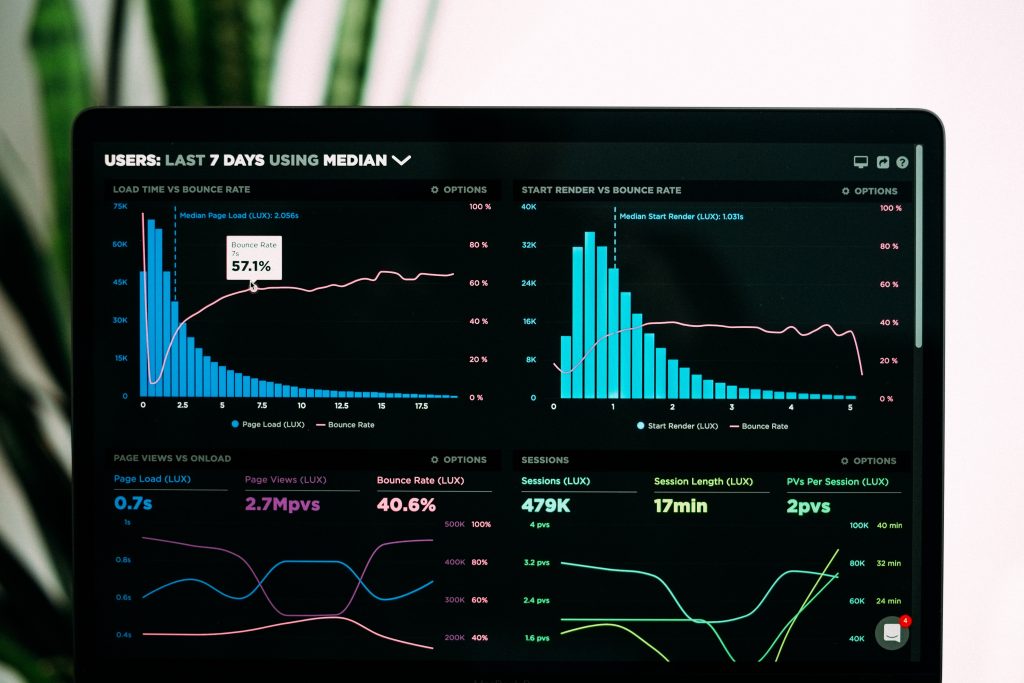Transforming Data Science Information into Strategic Gold

In today’s data-driven world, businesses are sitting on a treasure trove of information that can be leveraged to gain a competitive edge and make informed strategic decisions. This goldmine of data is often harnessed through the field of data science, where complex data is transformed into actionable insights. This blog post will explore how data science can turn raw data into strategic gold and drive business success.
1. Data Collection and Cleaning
The process begins with collecting data from various sources, including customer interactions, market trends, and internal operations. However, raw data is rarely pristine. It often contains errors, inconsistencies, and missing values. Data scientists must clean and preprocess the data to ensure its accuracy and reliability. This step is akin to purifying gold ore to extract the precious metal within.
2. Data Analysis
Once the data is cleaned, the real work begins. Data scientists use various statistical and machine-learning techniques to analyze the data and uncover valuable patterns, trends, and insights. These insights are the nuggets of information that hold strategic significance. For example, analyzing customer purchase behavior can reveal the most popular products and when to run promotions for maximum impact.
3. Predictive Analytics
Data science doesn’t stop at analyzing historical data. It also empowers businesses to predict future trends and outcomes. Predictive analytics uses algorithms to forecast future events based on historical patterns. This capability is like having a crystal ball that can guide strategic decisions. For instance, predicting customer churn can help a company take preventive measures to retain valuable customers.
4. Personalization
One of the most impactful applications of data science revolves around personalization. Through the examination of customer preferences and behaviors, enterprises can provide tailored experiences, recommendations, and marketing initiatives. This degree of customization has the potential to greatly elevate customer satisfaction and foster loyalty. For example, in the realm of e-commerce, personalization is harnessed to suggest products based on a user’s browsing and purchase history.
5. Risk Management
Data science is not just about finding opportunities but also about managing risks. By analyzing historical data and identifying potential risks, businesses can develop strategies to mitigate them. This could involve financial risk assessment, fraud detection, or supply chain optimization. Effective risk management ensures that the treasure remains secure.
6. Decision Support
Data science equips decision-makers with the insights needed to make informed choices. From pricing strategies to resource allocation, data-driven decision support can optimize various aspects of a business. For example, an airline might use data science to determine optimal ticket prices based on demand and historical booking patterns.
7. Measuring Success
To truly transform data into strategic gold, measuring the return on investment (ROI) of data science initiatives is essential. Businesses should track how data-driven strategies impact their bottom line, whether through increased revenue, cost savings, or improved customer satisfaction. This measurement helps refine strategies and justify ongoing investments in data science.
Conclusion
Data science is not a passing trend but a formidable instrument capable of converting raw data into invaluable strategic assets. Through the processes of data collection, purification, analysis, and interpretation, enterprises acquire precious insights that steer decision-making, elevate customer experiences, and mitigate risks. The transformative capabilities of data science are limitless, and its influence on business prosperity is indisputable within the current competitive arena. Leveraging this wealth of information can serve as the linchpin to maintaining a competitive edge and attaining enduring growth.